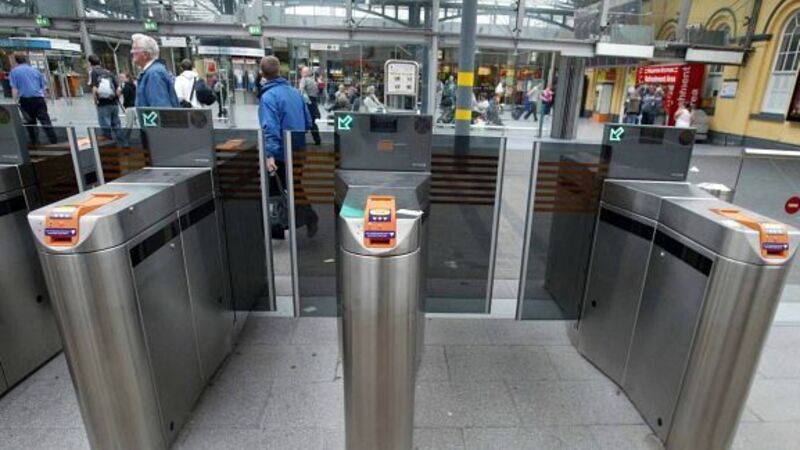Commuter rail services face disruption amid dispute

The disruption could spread to intercity services if the row over productivity is still not resolved.
The National Bus and Rail Union (NBRU) and Siptu, which between them represent drivers at Irish Rail, last night confirmed their members had voted, more than 90% in favour, for industrial action. Shop stewards from the unions will meet this Thursday to decide on which form the action will take.










